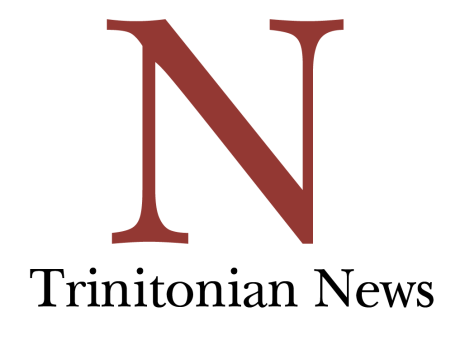College rankings are trending. Recently, the Wall Street Journal jumped on the bandwagon with an ordered list of 500 U.S. institutions for higher education. While these rankings can be flawed, they still impact Trinity University’s funding and applicant pool, and therefore the opportunities available to current students.
For the past 25 years, Trinity has been named “Best in the West” among universities of its size by U.S. News and World Report. This year, the same report also ranked Trinity No.1 in the category of “Undergraduate Teaching Programs.” Recently, Trinity students received an email from President Danny Anderson titled: “Trinity Faculty Place No. 6 in WSJ Ranking.” The Wall Street Journal ranked Trinity as No. 73.
“When you look at rankings done by different groups, each has a different set of criteria,” Anderson said. “It’s really important to think about the categories used in the rankings “” what are the characteristics?”
For example, the Wall Street Journal emphasizes student evaluations in their college rankings, while Forbes weighs rankings based on salary outcomes. While U.S. News and World Report evaluates schools by size and region, the Wall Street Journal groups all universities together in a mass 500-item list, lumping smaller schools like Trinity with large public universities.
“Realize the data can be wrong and can distort things in certain ways,” Anderson said. “The way you need to read it is comparatively: are we ahead or behind of the universities that are like us?”
Williams College, Amherst College and Pomona College are schools comparable to Trinity that ranked significantly higher in the Wall Street Journal.
“They have 10 to 15 times more funding than we have,” Anderson said. “It takes additional funds to create opportunities that change the experience for students.”
Rankings can attract additional donations from alumni.
“We have a low giving rate of our alumni who support us,” Anderson said. “Right now it’s about 15 percent. If you look at many of the schools we want to be like, they have twice that percentage of alumni who give every year. That’s support for scholarships, for faculty research.”
Rankings also impact the applicant pool.
“Being No. 1 for 25 years impacts students in the sense that prospective students decide to explore Trinity based on that high of a record being held for so long,” Anderson said. “So it helps to strengthen the quality of the applicant pool looking at Trinity.”
Current students’ opinions vary widely in the importance they assign to college rankings.
“I didn’t even know that existed,” said Janett Muà±oz, senior. “I never looked at U.S. News and World Report for school.”
Other students, like Sean Watson, senior, utilized the rankings in making their decision.
“Our school is well-ranked in its division and that was a big part of my decision because I wanted the best academic experience I could get,”Watson said.
Regardless of whether or not they considered rankings in selecting Trinity, students like Hannah Braley, sophomore, said that they chose Trinity because it was a good fit for their needs.
“Academic rankings were important in getting me to look into Trinity, but it wasn’t really what made me decide to go to Trinity,” Braley said. “Once I came and saw the campus and the professors and the small size, that’s what really made my decision.”
Interactions between students and faculty stand out in both the opinions of Trinity students and in Trinity’s official rankings.
“The category we ranked so highly in is the top faculties,” Anderson said. “This is really meaningful to us because one of the areas we put a lot of emphasis on is that our faculty are excellent in terms of their scholarship and their research, and because they work so closely with individual students.”
Rankings are conducted independently by third-party organizations, and are based on publically available information. Even if it were possible to apply for rankings, Anderson said that is not Trinity’s top priority.
“You hope the rankings recognize the things that are meaningful to you, but you have to be true to yourself and do the things that you know matter to your students,” Anderson said.







